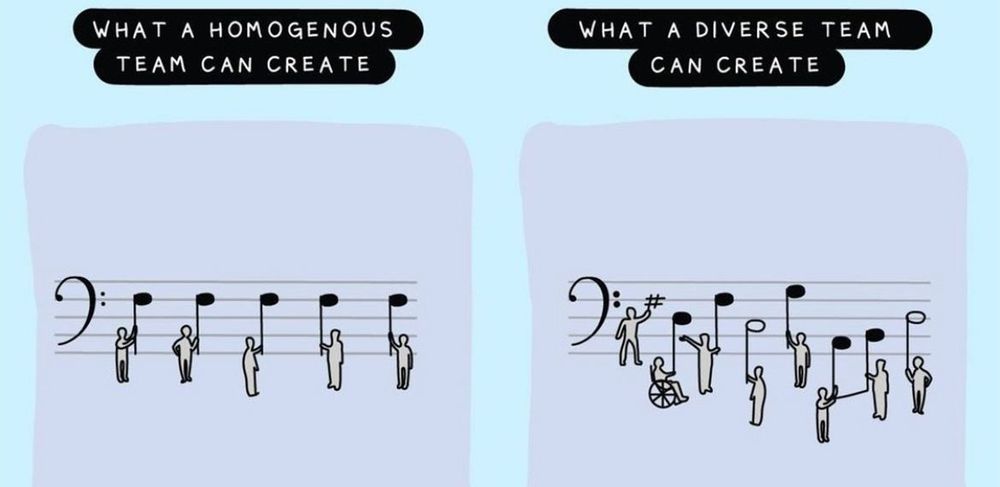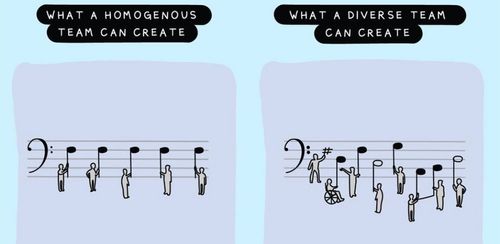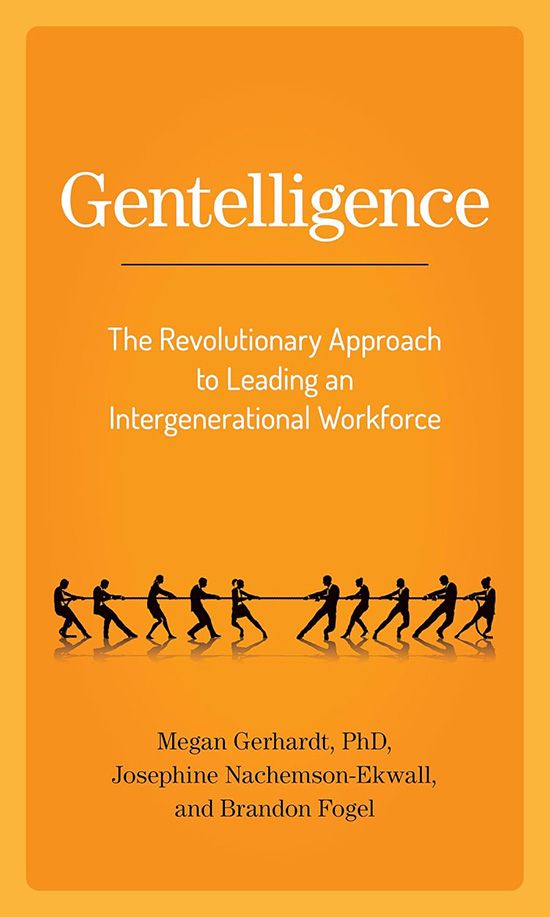

Gentelligence: Redefining Leadership Through Generational Harmony

08 January, 2025
Share this article
Gentelligence: An approach on leading an intergenerational workforce that explores how bridging generational divides enhances workplace collaboration and innovation.
The authors advocate for "Gentelligence," as a mindset that celebrates intergenerational curiosity, valuing diverse perspectives and breaking stereotypes. Rooted in the shared values of respect, competence, connection, and autonomy, Gentelligence challenges generational biases and promotes mutual learning. The key raised by the authors are practices that include resisting assumptions, building trust, and leveraging unique generational strengths.
The book highlights tools like mutual mentoring and structured decision-making techniques, such as the stepladder method, to foster cooperation. Ultimately, Gentelligence transforms age diversity into a strategic advantage, unlocking potential across generations for lasting organizational success.

At the heart of Gentelligence lies the idea that curiosity about different generations is essential for fostering collaboration. The authors emphasize that people from different age groups often perceive the world through unique lenses, shaped by the events and experiences of their formative years. This curiosity allows individuals to break free from stereotypes and embrace the potential of learning from one another. The concept challenges the traditional view of generational competition and replaces it with the idea that all generations have valuable contributions to make.
The book delves into the concept of generational identity, which is shaped by shared experiences, cultural events, and historical moments. These formative experiences create a collective memory that defines each generation's worldview. However, Gentelligence also warns against the dangers of stereotypes, which are often oversimplified shortcuts that prevent people from seeing the full complexity of each generation. The authors highlight the importance of understanding the nuances of generational differences, as well as the shared values that transcend age, such as respect, competence, connection, and autonomy.
Effective leadership in today’s multigenerational workforce requires a new approach. Gentelligence argues that leaders must be attuned to the generational dynamics within their teams, understanding how age and experience influence communication, decision-making, and collaboration.
The book introduces the idea of "mutual mentoring," where employees across generations mentor each other, learning from their distinct perspectives and experiences. This approach empowers individuals to see each other as equals, regardless of age, and fosters a culture of respect and trust.
The authors address the issue of generational conflict, which can arise when different age groups misunderstand each other’s values and work styles. They stress that generational tension can have serious consequences for workplace engagement, turnover, and career development. However, by embracing Gentelligence, organizations can transform these tensions into opportunities for growth. The book suggests that leaders should actively work to break down biases and create environments where all generations can contribute to shared goals.
The book underscores the importance of diversity and inclusion, not just in terms of gender or ethnicity, but also across generations. Companies that foster a diverse and inclusive culture tend to perform better, with greater market share, stronger collaborations, and lower turnover. The authors cite research from the Boston Consulting Group, which argues that diversity is integral to business success. Gentelligence builds on this idea, advocating for a leadership approach that recognizes the value of age diversity as a strategic advantage.
The book provides a comprehensive overview of the different generations in the workforce, from the Silent Generation to Generation Z. Each generation has its own unique characteristics, shaped by the cultural and historical events that occurred during their formative years. For example, Baby Boomers are known for their work ethic and dedication to success, while Millennials are often characterized as idealistic and ambitious.
Despite these differences, the authors identify four core values that span all generations: respect, competence, connection, and autonomy. These values are essential for creating a Gentelligent workplace, where people of all ages can collaborate effectively.
Gentelligence challenges the concept of chronocentrism—the belief that one generation’s values are superior to another’s. The authors advocate for a mindset that values the strengths of each generation, from the wisdom of older employees to the fresh perspectives of younger ones. By breaking down generational biases, organizations can unlock the full potential of their workforce, leading to greater innovation and success.
The concept of cultural intelligence, often associated with understanding cultural differences across geographical regions, is expanded in Gentelligence to include generational differences. The authors argue that leaders who develop cultural intelligence will be better equipped to manage the complexities of a multigenerational workforce. Gentelligent leadership involves empowering individuals from all generations to work together toward common goals, creating a collaborative environment that leverages the strengths of each generation.
Gentelligence offers a revolutionary approach to managing generational diversity in the workplace. By fostering intergenerational curiosity, breaking down stereotypes, and embracing the strengths of each generation, organizations can create more innovative, inclusive, and successful work environments.
The book challenges traditional leadership models and provides practical tools for navigating the complexities of a multigenerational workforce. Ultimately, Gentelligence presents a compelling case for why age diversity is not just a challenge to be managed, but an opportunity to be embraced for organizational success.
Book review
Keep up to date with our most recent articles, events and all that Pluria has to offer you.
By subscribing to the newsletter you agree with the privacy policy.

Sometimes it seems like the very invitation to slow down as a pressure itself. At least for me. I think that sometimes there are moments when we stretch ourselves, we push the boundaries, we[...]
28 October, 2024

“I don’t want a linear career,” “I don’t even want a portfolio career. I want a portfolio life.”
Might be thoughts in our minds, maybe, but for sure, comprised in a fantastic book of Christina Wallace [...]
11 November, 2024

Gentelligence: An approach on leading an intergenerational workforce that explores how bridging generational divides enhances workplace collaboration and innovation.
The authors [...]
08 January, 2025